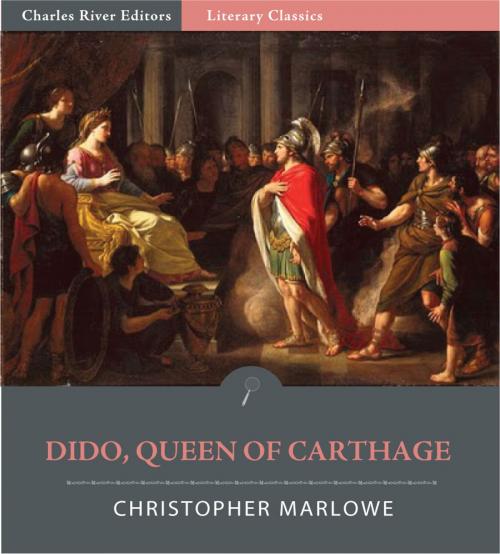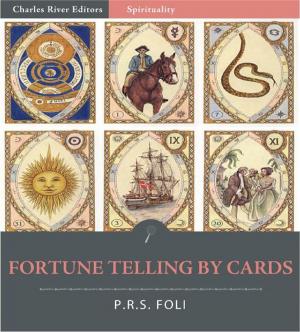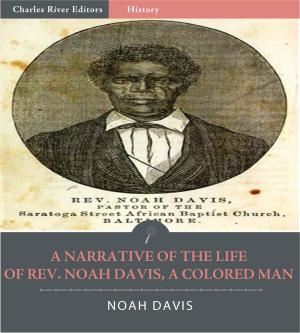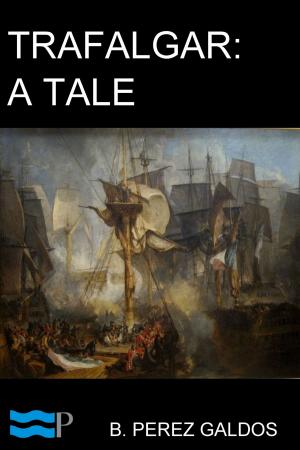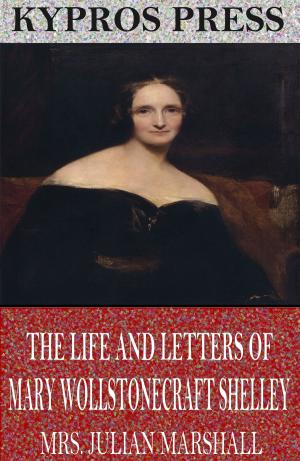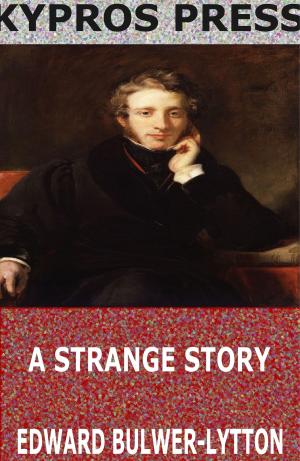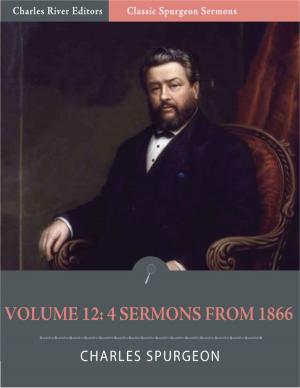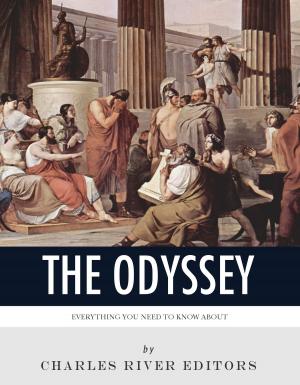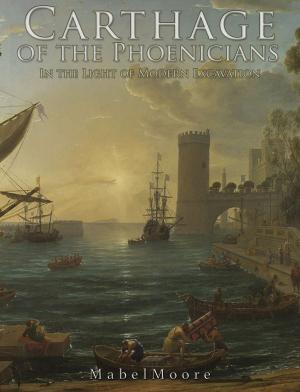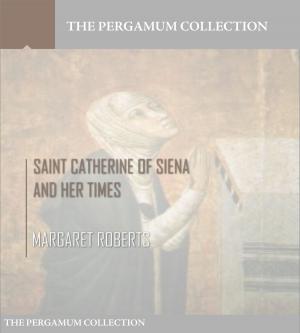| Author: | Christopher Marlowe | ISBN: | 9781475312768 |
| Publisher: | Charles River Editors | Publication: | February 22, 2012 |
| Imprint: | Language: | English |
| Author: | Christopher Marlowe |
| ISBN: | 9781475312768 |
| Publisher: | Charles River Editors |
| Publication: | February 22, 2012 |
| Imprint: | |
| Language: | English |
Christopher Marlowe (baptised 26 February 1564; died 30 May 1593) was an English dramatist, poet and translator of the Elizabethan era. As the foremost Elizabethan tragedian, next to William Shakespeare, he is known for his blank verse, his overreaching protagonists, and his mysterious death.A warrant was issued for Marlowe's arrest on 18 May 1593. No reason for it was given, though it was thought to be connected to allegations of blasphemya manuscript believed to have been written by Marlowe was said to contain "vile heretical conceipts". On 20 May he was brought to the court to attend upon the Privy Council for questioning. There is no record of their having met that day, however, and he was commanded to attend upon them each day thereafter until "licensed to the contrary." 10 days later, he was stabbed to death by Ingram Frizer. Whether the stabbing was connected to his arrest has never been resolved.As with other writers of the period, little is known about Marlowe. What little evidence there is can be found in legal records and other official documents. This has not stopped writers of both fiction and non-fiction from speculating about his activities and character. Marlowe has often been described as a spy, a brawler, a heretic and a homosexual, as well as a "magician", "duellist", "tobacco-user", "counterfeiter" and "rakehell". J. A. Downie and Constance Kuriyama have argued against the more lurid speculation, but J.B. Steane remarked, "it seems absurd to dismiss all of these Elizabethan rumours and accusations as 'the Marlowe myth'".Shakespeare was heavily influenced by Marlowe in his work, as can be seen in the re-using of Marlovian themes in Antony and Cleopatra, which reincorporates Marlowes Dido, Queen of Carthage. Dido is a short play that focuses on the classical figure of Dido, the Queen of Carthage. It tells an intense dramatic tale of Dido and her fanatical love for Aeneas, which goes on to produce dramatic and tragic results.
Christopher Marlowe (baptised 26 February 1564; died 30 May 1593) was an English dramatist, poet and translator of the Elizabethan era. As the foremost Elizabethan tragedian, next to William Shakespeare, he is known for his blank verse, his overreaching protagonists, and his mysterious death.A warrant was issued for Marlowe's arrest on 18 May 1593. No reason for it was given, though it was thought to be connected to allegations of blasphemya manuscript believed to have been written by Marlowe was said to contain "vile heretical conceipts". On 20 May he was brought to the court to attend upon the Privy Council for questioning. There is no record of their having met that day, however, and he was commanded to attend upon them each day thereafter until "licensed to the contrary." 10 days later, he was stabbed to death by Ingram Frizer. Whether the stabbing was connected to his arrest has never been resolved.As with other writers of the period, little is known about Marlowe. What little evidence there is can be found in legal records and other official documents. This has not stopped writers of both fiction and non-fiction from speculating about his activities and character. Marlowe has often been described as a spy, a brawler, a heretic and a homosexual, as well as a "magician", "duellist", "tobacco-user", "counterfeiter" and "rakehell". J. A. Downie and Constance Kuriyama have argued against the more lurid speculation, but J.B. Steane remarked, "it seems absurd to dismiss all of these Elizabethan rumours and accusations as 'the Marlowe myth'".Shakespeare was heavily influenced by Marlowe in his work, as can be seen in the re-using of Marlovian themes in Antony and Cleopatra, which reincorporates Marlowes Dido, Queen of Carthage. Dido is a short play that focuses on the classical figure of Dido, the Queen of Carthage. It tells an intense dramatic tale of Dido and her fanatical love for Aeneas, which goes on to produce dramatic and tragic results.
